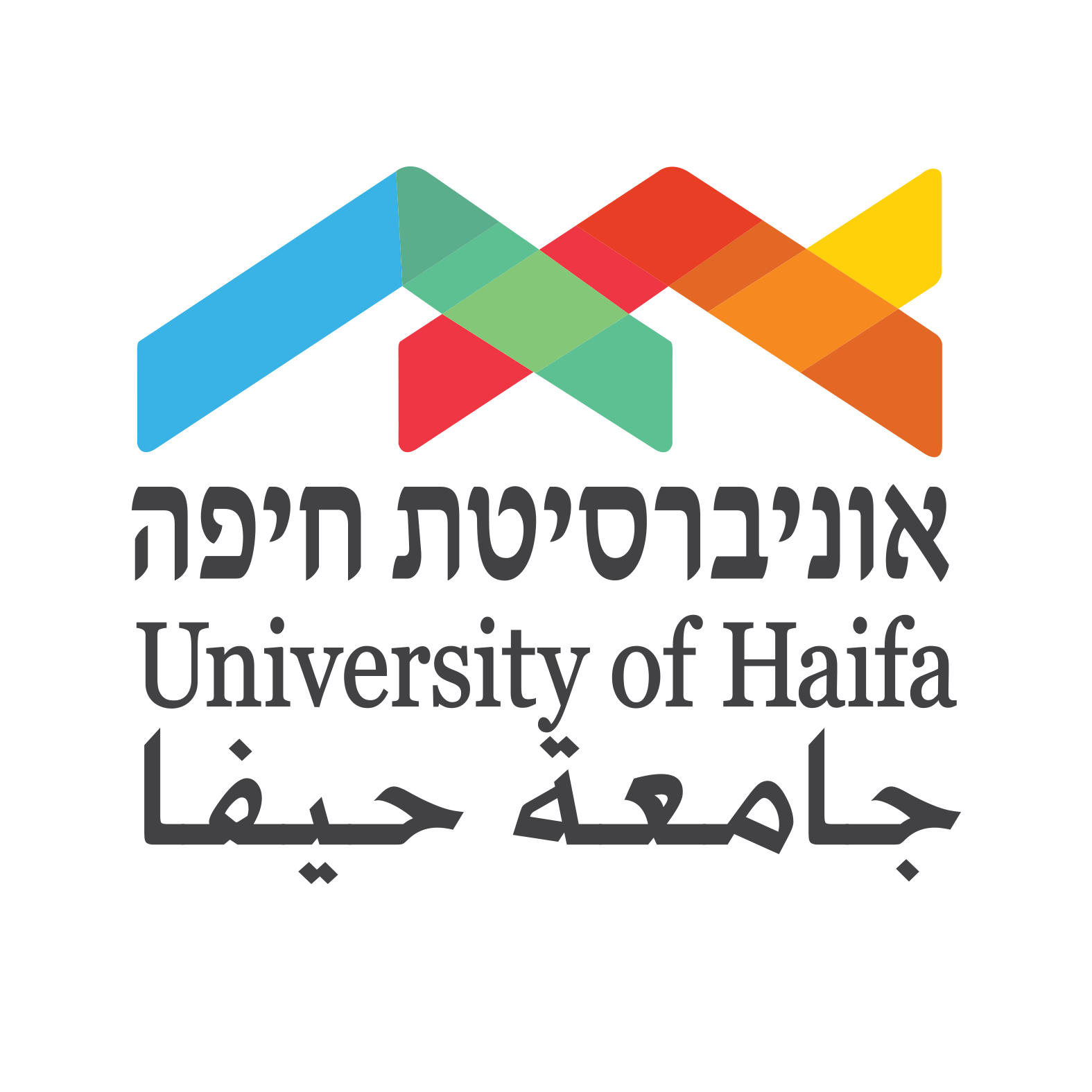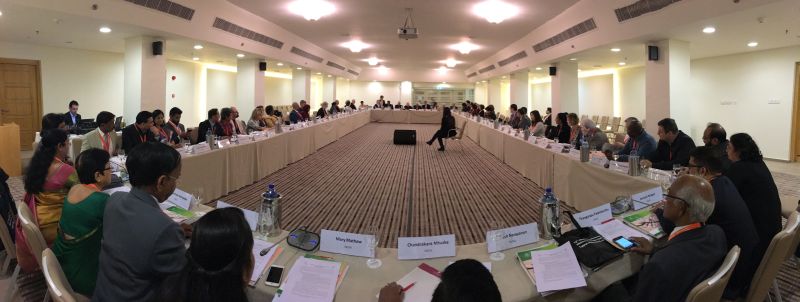
THE INTERNATIONAL CENTER FOR HEALTH, LAW AND ETHICS:
Leading Global Initiatives in Medical Ethics Education
Should health care professionals hide a serious diagnosis from the patient’s family members?
Can embryonic stem cell research be permitted if it eventually saves lives?
Should physician-assisted suicide be allowed in some situations?
Recent advances in medicine and technology are constantly pushing the ethical boundaries of modern healthcare. Today, health care professionals
face more frequent and more complex bioethical dilemmas than their predecessors. From matters pertaining to genetic testing and organ transplants
to the challenges of maintaining patient privacy, ethics education for medical students and practitioners is becoming a matter of paramount importance.
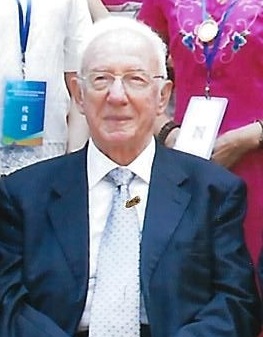
As early as 1996, researchers at The International Center for Health, Law and Ethics, under the direction of Prof. Amnon Carmi of the Faculty of Law, explored the deterioration phenomenon in the relationship between doctors and patients. Their findings pointed to a lack of proper study of ethics in medical schools as being central to this trend. "Following this discovery, the Director-General of UNESCO and the Rector of the University at the time, Prof. Aaron Ben-Ze’ev, established the UNESCO Chair in Bioethics at the University” explains Prof. Carmi, founding member and current head of the UNESCO Chair in Bioethics (Haifa).
Prof. Amnon Carmi
“We were charged with setting-up an International Network of Institutes for Medical Ethics Training (NIMED), and reforming medical ethics education syllabi that would
reflect the complexities of recent scientific developments.” Since its humble beginnings in 2001, NIMED has grown substantially to 144 units at universities in more than
70 countries across the world, including several that do not have diplomatic relations with Israel. All educational activities and training materials are coordinated
and produced through The UNESCO Chair in Bioethics (Haifa).
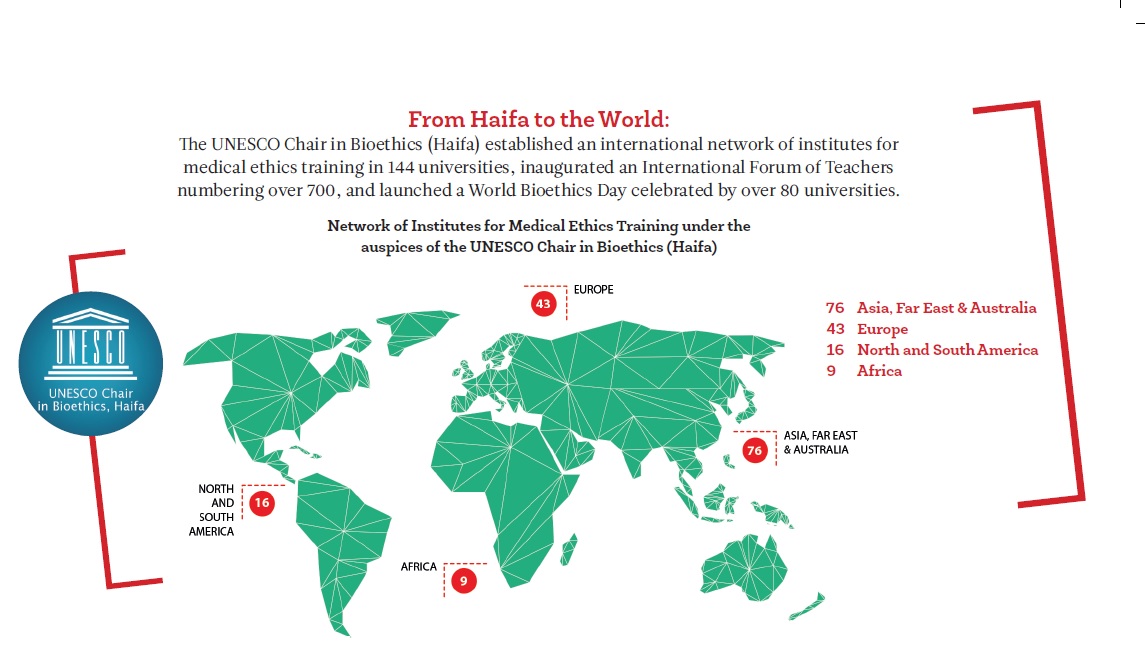
The Haifa office also initiates an annual global bioethics conference. This year marked its 12th year. Held in March, the 12th World Conference of Bioethics, Medical Ethics
& Health Law attracted over 500 experts, including ethicists, researchers, jurists, physicians and medical students from nearly 60 countries. In his opening address,
Prof. Ketan Desai, President of the World Medical Association (WMA) stated, “For the World Medical Association, it is imperative to be truly global in the larger interest of
mankind and the profession. To that extent, the UNESCO Chair of Bioethics Conference offers a great forum for truly meaningful and purposive international debates.”
Other major milestones achieved this past year include publication of the Casebook on Bioethics for Judges, produced in collaboration with the International Organization
for Judicial Training, and launching a Youth Children Bioethics Education Project in Italy and Israel.
For information about how you can support activities at The International Center for Health, Law and Ethics please contact the Office of the Vice President for
External Relations and Resource Development.
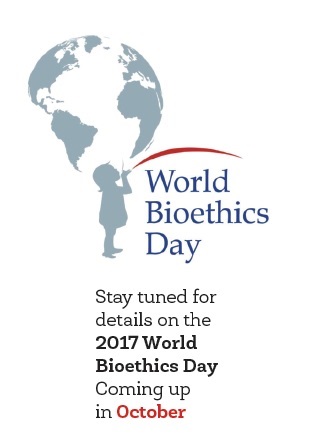
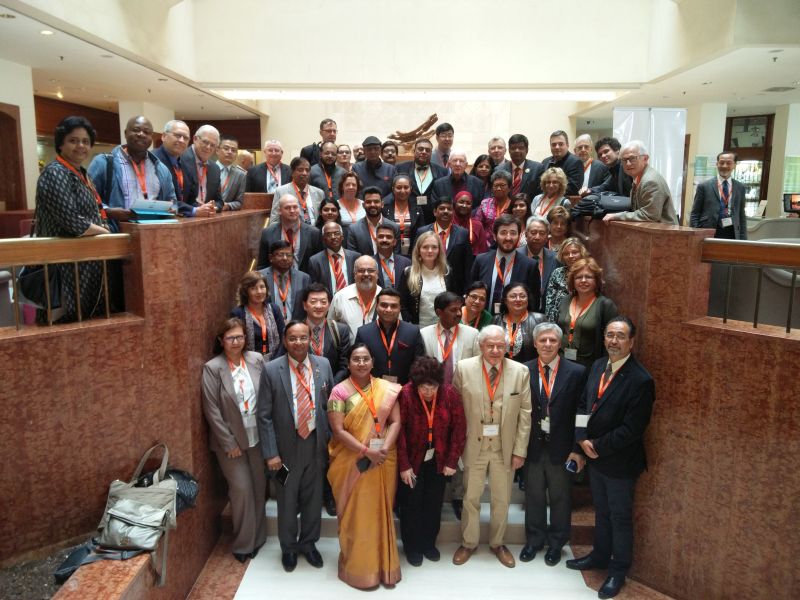
Topic: Equality, Justice and Equity Unit Heads from universities around the world gather at the 12th World Conference of Bioethics, Medical Ethics & Health Law held in Cyprus from March 21-23, 2017, attended by over 500 leading ethicists, researchers, jurists and physicians.
